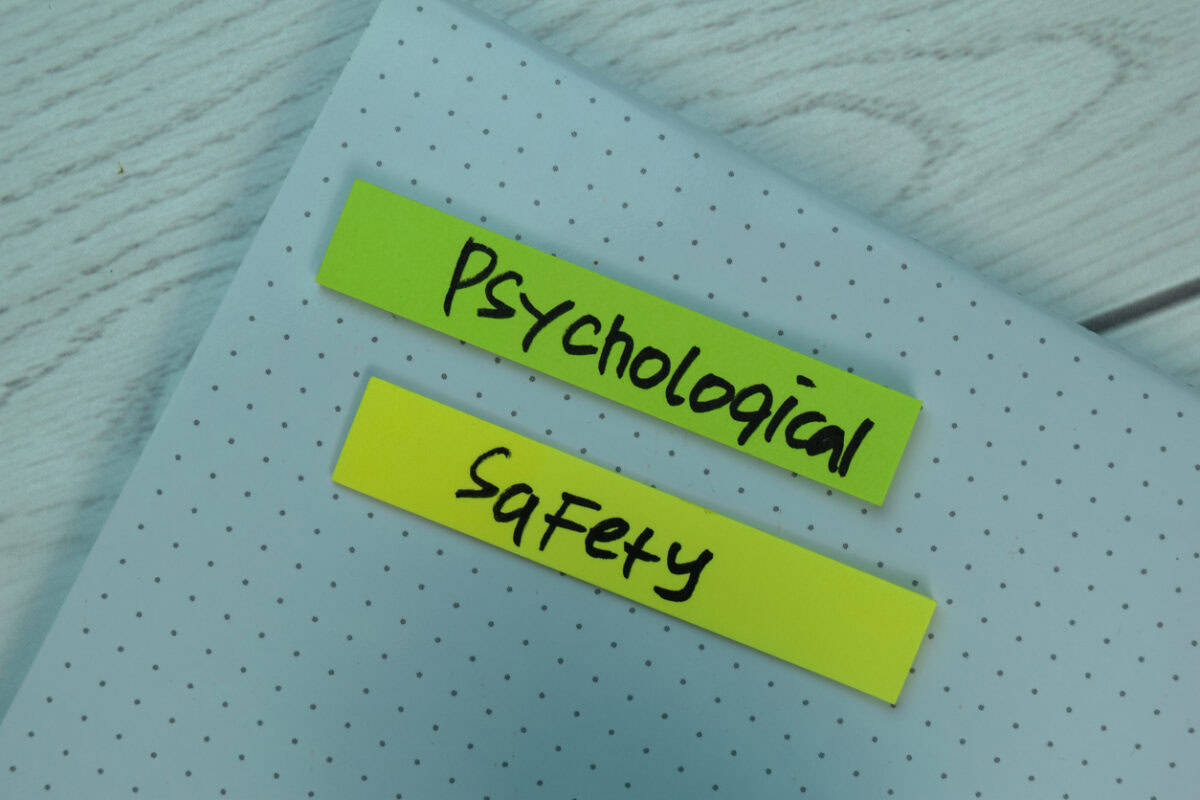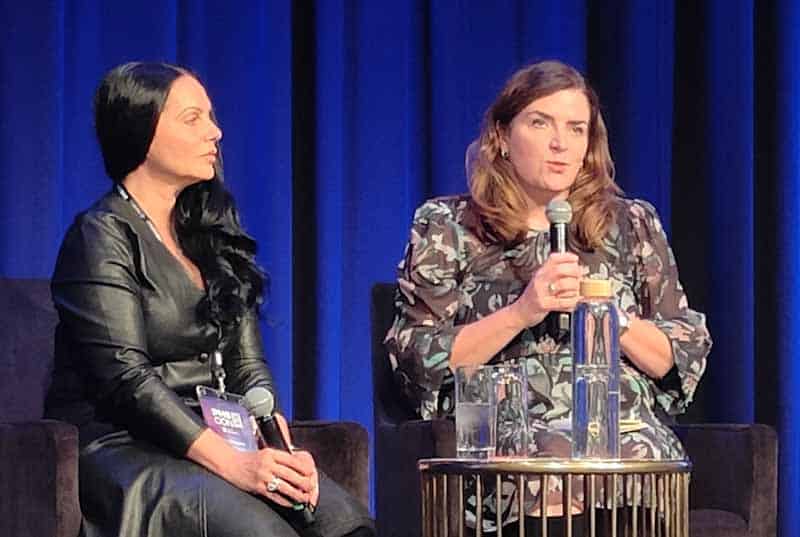On the afternoon of Friday, August 1, 2024, Safe Work Australia (SWA) announced important changes to the incident notification obligations in Australia’s Model Work Health and Safety laws. These changes are particularly relevant to the issues of psychological harm in workplaces and work-related suicides. I asked SWA for some clarifications on the changes and the promised guidance.
Below are the questions that I submitted to Safe Work Australia and CEO Marie Boland‘s responses.
Warning: this article discusses suicide







